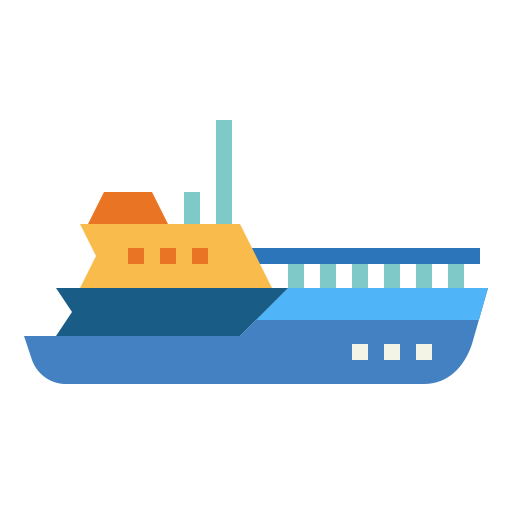The Role of a Yacht Captain
The role of a yacht captain is multifaceted, blending technical skill, leadership capabilities, and a deep understanding of maritime regulations. A yacht captain is not merely a licensed operator; they form the backbone of any successful maritime expedition, responsible for both the safety of the vessel and the experiences of those on board. In both leisure and commercial settings, yacht captains perform a range of functions that ensure efficient and enjoyable sailings.
Key Responsibilities
One of the primary responsibilities of a yacht captain is navigation. This requires a thorough understanding of nautical charts, GPS technology, and weather patterns. For instance, a captain must be able to adjust a course when weather changes unexpectedly, optimizing the route to ensure safety and efficiency.
Additionally, yacht captains must perform safety checks before each voyage. This includes ensuring that all safety equipment is operational, such as life jackets, flares, and fire extinguishers. This vigilance is not just a regulatory requirement; it is a moral obligation to protect the lives of everyone on board.
Another critical role is managing the crew and delegating tasks effectively. A captain must foster a collaborative environment, ensuring that all crew members are well-trained and capable of performing their duties. This is akin to a conductor leading an orchestra; the captain must harmonize efforts to maintain an efficient and safe operation. In this sense, crew dynamics and morale are just as important as technical sailing skills.
Legal and Regulatory Compliance
Yacht captains are tasked with ensuring compliance with maritime law and regulations. They must be familiar with the legal requirements for operating a vessel within different jurisdictions, which can vary considerably. For example, a captain sailing in European waters must adhere to specific EU regulations, while operations in Caribbean waters may require knowledge of local maritime laws.
In addition, captains are often responsible for keeping meticulous logs and records of all voyages, including maintenance activities and crew certifications. This could be crucial during inspections by authorities, which are commonplace in many regions.
Client Relations and Guest Experience
In leisure yachting, a significant aspect of a captain’s role is to enhance the guests’ experience. This can involve customizing itineraries based on preferences, providing updates on arrival times, and managing the onboard atmosphere. A captain might even arrange activities such as fishing trips, diving excursions, or cultural experiences at port stops.
Real-world examples illustrate how a captain tailors experiences to suit varying client expectations. For instance, some clients may prioritize adventure with water sports, while others may seek relaxation through scenic cruising. The captain’s ability to adapt to these preferences is key to satisfaction and repeat bookings.
Problem Solving and Crisis Management
A yacht captain must be adept at problem-solving and crisis management. When unexpected issues arise, such as mechanical failures, medical emergencies, or onboard conflicts, the captain’s response is crucial. A seasoned captain will approach these challenges with composure, employing both leadership skills and their deep knowledge of maritime protocols to navigate through adversity.
For instance, if a guest suffers a sudden medical emergency, a captain must have protocols in place for communication with shore-based medical services, which includes arranging for an emergency evacuation if necessary. This operational readiness can often prove life-saving.
Conclusion
In summary, the role of a yacht captain encompasses a wide array of responsibilities aimed at ensuring both the safety and satisfaction of passengers and crew. From navigation and safety compliance to guest relations and crisis management, yacht captains play an integral part in maritime operations. Their expertise not only makes voyages enjoyable but also secures the well-being of all those aboard, underlining the significance of this demanding profession.
